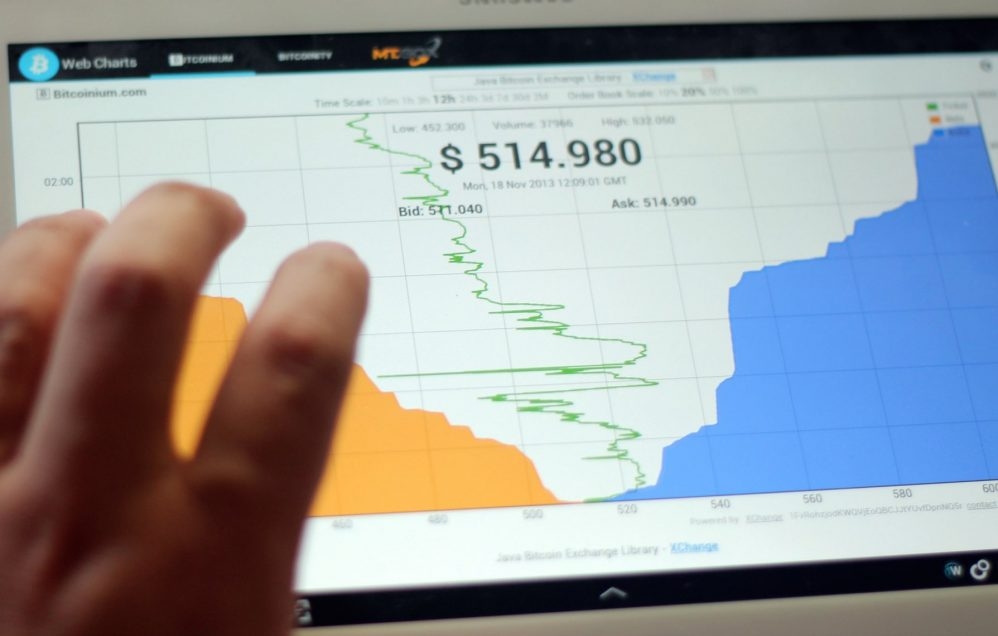The price of one Bitcoin is dancing around $1,000, which means it’s time for the mainstream media to start paying attention again. Cue the comparisons to Beanie Babies and tulip bulbs. Even with its meteoric rise, Bitcoin is still a mystery to most people. Oh, Bitcoin—isn’t that what people use to buy drugs online? Doesn’t Bitcoin allow terrorists to launder money? Isn’t it just for computer geeks? In other words, it’s not really my concern unless I want to day-trade it.
What most people are missing is Bitcoin’s potential to impact politics, and therefore everyone’s day-to-day lives. Since its inception eight years ago, libertarians have mostly embraced the cryptocurrency (the term for digital currencies secured by cryptography), while liberals have mostly held it in suspicion (a Democrat senator actually tried to ban Bitcoin and Paul Krugman is no fan, once penning a column titled “Bitcoin is Evil”).

